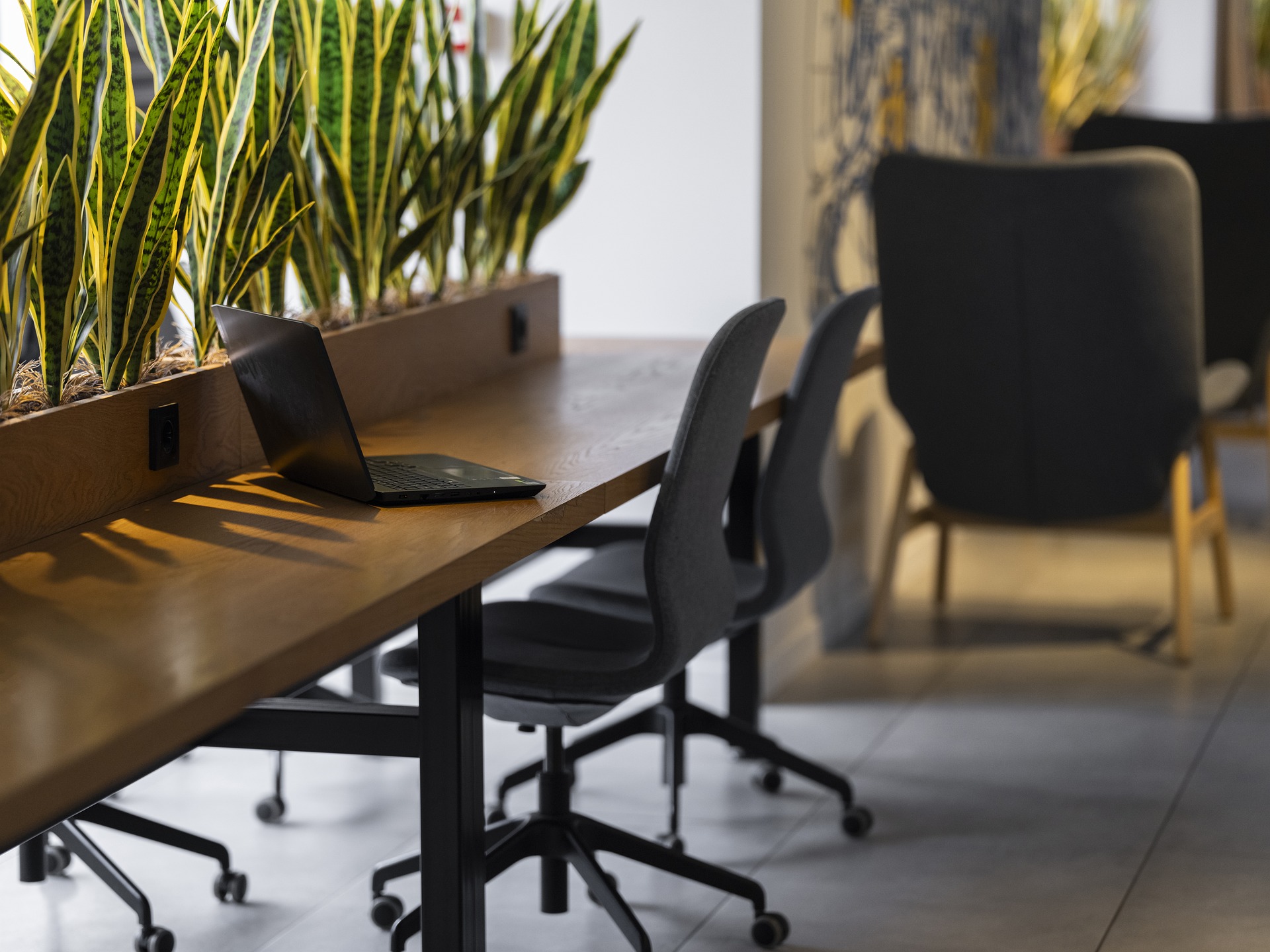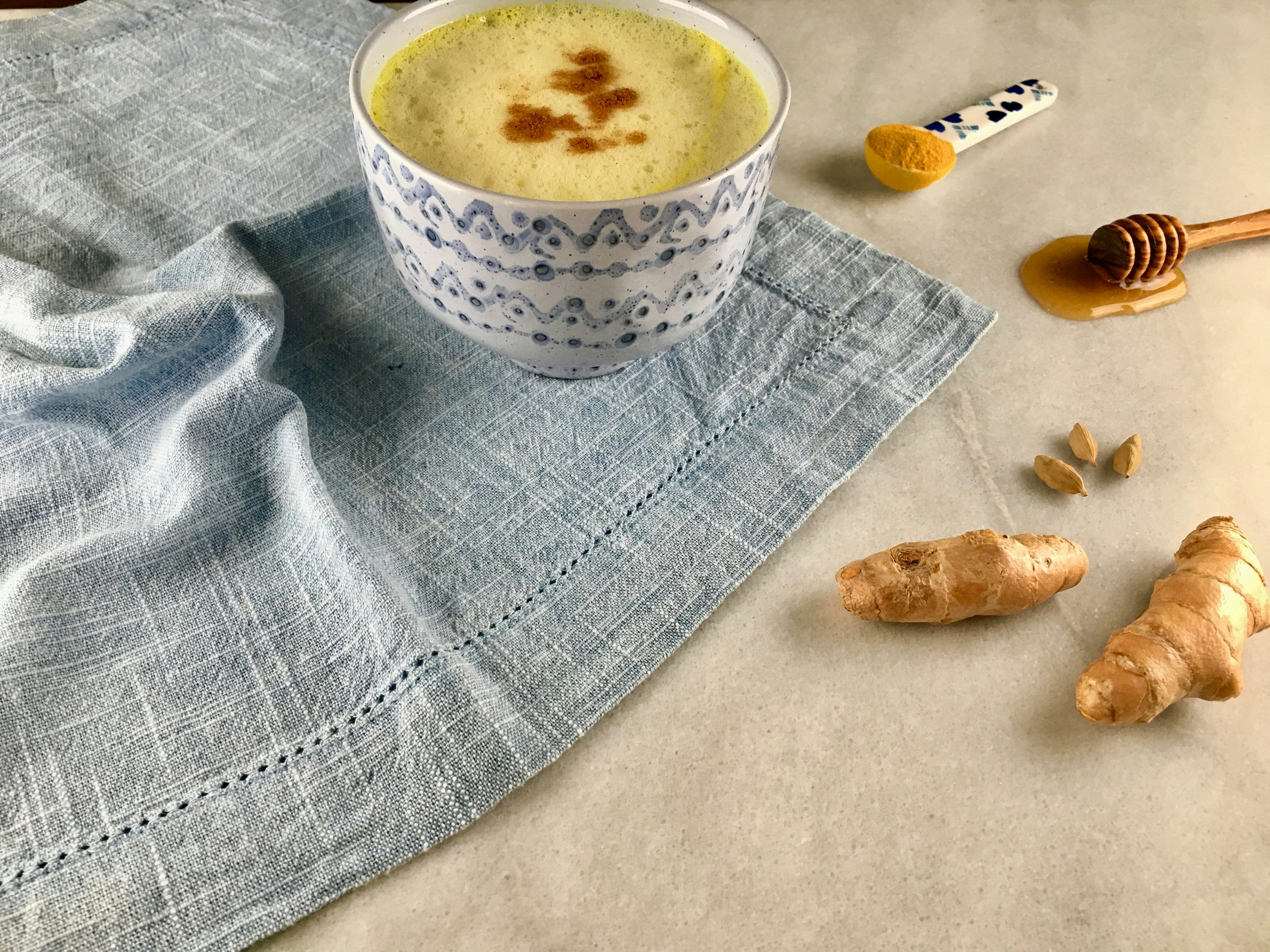Managing Anxiety: Techniques, Trends, and the Power of Self-Care
Anxiety is a prevalent mental health concern that affects millions of individuals worldwide. It involves persistent feelings of worry, fear, and a sense of impending doom that can interfere with daily activities. The discomfort and distress caused by anxiety can be overwhelming, but there is a silver lining. Over the years, experts have developed various effective techniques to manage anxiety, and these strategies have evolved with the changing times. This article will delve into historical context, current relevance, emerging trends, and the impacts of these techniques on managing anxiety.

Anxiety: A Historical Perspective
Historically, anxiety has been a part of human life. The ancient Greeks identified it as a medical condition, terming it as ‘hysteria.’ Later, in the 19th century, Sigmund Freud, the father of psychoanalysis, introduced the concept of ‘neurosis’, which included anxiety disorders. Over the years, the understanding of anxiety has broadened, and it is now recognized as a real and serious mental health issue. In the 20th century, cognitive-behavioral therapy (CBT) emerged as a major breakthrough in treating anxiety, focusing on changing thought patterns that lead to fear and anxiety.
The Current Relevance of Anxiety
In today’s fast-paced world, anxiety disorders are increasingly common. The World Health Organization (WHO) estimates that approximately 264 million people globally suffer from anxiety disorders. The ongoing COVID-19 pandemic has exacerbated the situation, causing a surge in anxiety levels due to fear of infection, isolation, and economic uncertainty. Consequently, the need for effective anxiety management techniques has never been more urgent.
Emerging Trends in Anxiety Management Techniques
In recent years, there has been a shift towards holistic and self-care techniques in managing anxiety. Mindfulness, a form of meditation where one focuses on being intensely aware of what they’re sensing and feeling in the moment, without interpretation or judgment, has gained significant traction.
Technology has also played a pivotal role in shaping current trends, with numerous mobile apps offering techniques to cope with anxiety. These apps offer features such as guided meditations, sleep aids, and mood trackers, providing individuals with easily accessible tools to manage their anxiety.
The use of alternative therapies like aromatherapy, acupuncture, and yoga have also been on the rise. These techniques focus on the connection between mind and body, promoting relaxation and reducing stress levels.
The Impact and Reception of these Techniques
The reception to these emerging trends in anxiety management has been largely positive. Many individuals find that these techniques provide them with practical tools to manage their symptoms in the comfort of their own home, reducing reliance on medication and therapy.
However, it’s important to note that while these techniques can be beneficial, they are not a replacement for professional help. For severe anxiety disorders, it is crucial to seek help from a mental health professional.
Research has shown that these strategies can significantly reduce anxiety symptoms. For example, a study published in the Journal of Clinical Psychiatry found that mindfulness-based therapy was effective in reducing symptoms of anxiety and improving quality of life.
The Power of Self-Care in Anxiety Management
Perhaps one of the most significant insights in anxiety management is the recognition of the power of self-care. Self-care refers to activities and practices that we engage in on a regular basis to reduce stress and maintain our mental, emotional, and physical health. It may involve activities such as exercise, adequate sleep, healthy eating, and time for relaxation and leisure.
In the context of anxiety, self-care is crucial. It allows individuals to take active control of their mental health, equipping them with the tools to cope with anxiety. By incorporating self-care practices into their daily routine, individuals can manage their anxiety symptoms and improve their overall well-being.
Conclusion
While anxiety is a common mental health issue, the techniques to manage it have evolved over the years. With the rise of self-care, mindfulness, and technology-based techniques, individuals now have a range of options to help manage their anxiety. However, it’s important to remember that professional help is essential for severe anxiety disorders. As we navigate our way through this fast-paced world, it’s crucial to take time for self-care and equip ourselves with the tools to manage anxiety effectively.





